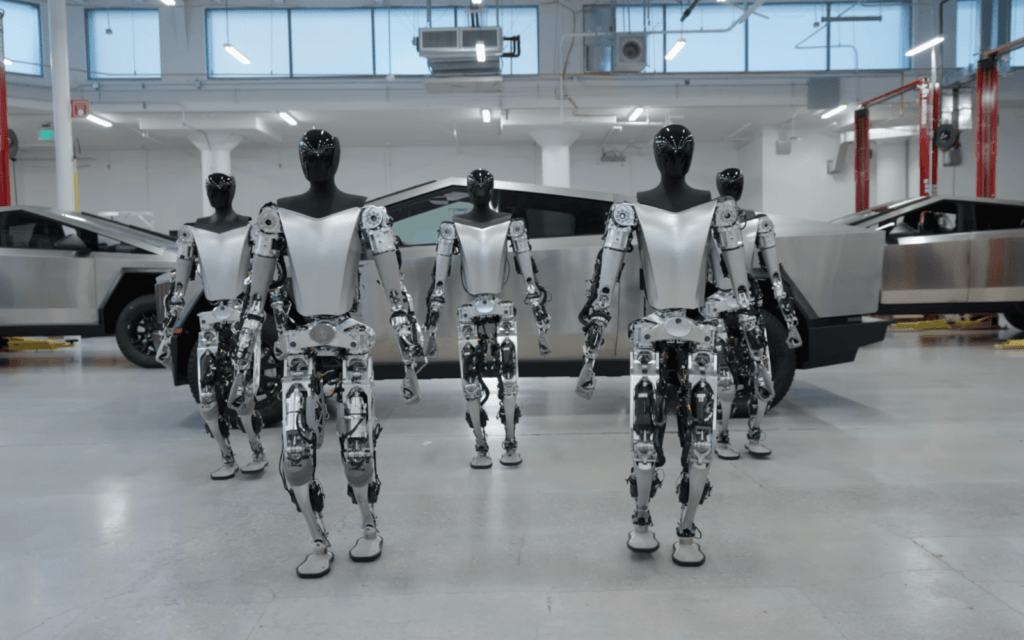In the rapidly evolving landscape of artificial intelligence (AI), concerns about the technology surpassing human intelligence are gaining traction. According to industry experts, AI has already demonstrated its intellectual prowess in specific domains, prompting a closer examination of the trajectory of this transformative technology.
Founder of the Center for Advanced Preparedness and Threat Response Simulation, Phil Siegel, posits that if intelligence is defined as the ability to tackle intellectual yet repetitive tasks, machines have unequivocally proven their superiority, notably in games like chess and Go. Siegel envisions a future where AI extends its reach to encompass tasks such as legal analysis, basic writing, and on-demand image creation.
These insights align with the conclusions drawn from a recent survey involving nearly 2,000 AI experts. Opinions on when AI might surpass human capabilities varied, with predictions spanning from the near future for specific tasks to a more distant horizon for the full automation of human labor.
Acknowledging that AI currently excels in specific tasks, Siegel notes the challenges it faces in endeavors requiring a nuanced understanding of human nature. Tasks such as crafting bestselling novels, producing hit movies, or executing complex experiments at a supercollider demand a depth of comprehension that AI platforms currently lack.
Samuel Mangold-Lenett, Staff Editor at The Federalist, emphasizes that platforms like ChatGPT already outshine human capabilities in complex problem-solving scenarios. Mangold-Lenett draws a distinction between the current capabilities of AI and the theoretical realm of artificial general intelligence (AGI), which could potentially surpass all human intellectual capacities.
Amidst these advancements, experts caution about the potential societal impacts of AI outsmarting its human creators. Jon Schweppe, Policy Director of the American Principles Project, recognizes the allure of AI’s raw processing power but underscores the imperative for lawmakers to guide responsible development.
Christopher Alexander, Chief Analytics Officer at Pioneer Development Group, issues a warning about potential dangers if AI falls into the wrong hands, citing scenarios where flawed AI in autonomous drones could lead to unintended harm.
In contrast, Jake Denton, Research Associate at the Heritage Foundation’s Tech Policy Center, counters extreme predictions, advocating for a balanced approach. Denton believes responsible AI development is achievable through transparency standards, open sourcing foundational models, and policy safeguards.
In conclusion, the trajectory of AI prompts introspection on the delicate balance between progress and responsible development. As the technology continues its rapid evolution, it becomes imperative to navigate its complexities and potential ethical implications, ensuring that AI serves as a tool to augment, rather than replace, human capabilities.
Silicon Dragon Soars: A Triumph in China’s Global Tech Dominance

